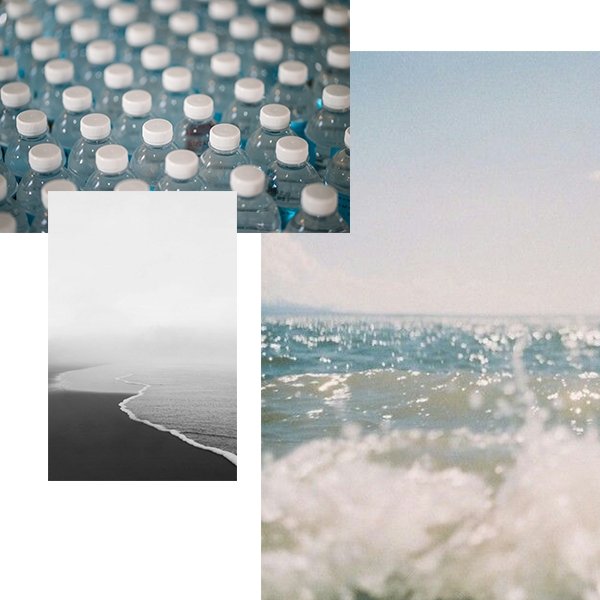
Solving Plastic Pollution with Rachel Lincoln Sarnoff
It goes without saying that we all want to be more conscious of our impact on the environment, but it can feel overwhelming. Did we spend an inordinate amount of time looking up articles on the Great Pacific Garbage Patch, and the impact the fashion industry is having on the environment? Sure. Did we begin to spiral when thinking about all the plastic we see on a daily basis? Maybe.
With all the daunting news about plastic pollution, we are thrilled to know Rachel Lincoln Sarnoff. Rachel is a thought leader in the plastic pollution space whose work is making major strides in educating both industry professionals and individuals about the perils of plastic pollution and providing solutions to our way out of single-use plastic dependency.
Rachel's Ted Talk: Can one straw change the world?
While the rest of us may be just waking up to plastic pollution, Rachel has been leading the charge for cleaner living for over a decade. She began her career as a journalist with a focus on fashion and beauty, then began working with the nonprofit, Healthy Child Healthy World, focused on educating parents on ways to protect their children and families from harmful chemicals. She started the sustainable beauty and fashion site EcoStiletto and the blog MommyGreenest.com, and joined the 5 Gyres Institute in 2016 as the Executive Director to focus on solving the health crisis of plastic pollution.
Rachel's Business of Fashion Presentation: Fashion's Role in Solving Plastic Pollution.
Rachel thoughtfully talked us through ways to educate ourselves and make conscious strides every day.
o+m: What are some of the main things to know about plastic pollution?
Rachel: We need to understand that when we throw something away it doesn’t go away- when we throw something into a recycling bin there are negative impacts all the way along. These include extraction of fossil fuels to make the plastic, environmental and health impacts on workers producing the product, to disposal. At all stages, the lifecycle of plastic has negative health and environmental impact on humans.
o+m: What is the most surprising thing you have learned?
Rachel: The most shocking thing I learned was that a lot of the plastic you put in the bin is getting put on a boat and shipped somewhere else. For the past 20 years, China has accepted more than half of the world’s plastic waste; in 2015 a seminal study showed that 80% of plastic in our ocean comes from Southeast Asia, which is disposing of the waste we think we are recycling.
o+m: If you want to start making an impact immediately, what are two major changes you can make in your household today?
2. Buy in bulk when you can! Go for largest container you can get. This will reduce the amount of plastic packaging you’re running through.

o+m: What can you do as a consumer to be more thoughtful in the way you purchase?
Rachel: When it comes to clothing, I suggest supporting brands who have a focus on sustainability as a part of their brand ethos. That's what I love about ocean+main; using fabric not normally used with limited edition products. It is environmentally conscious, and makes the clothing more special because only a few people have it. I also recommend exploring the world of thrifting and consignment. Try the EWG Skin Deep app when you’re shopping to see what exactly you’re putting on your skin and in your body to avoid harmful chemicals, and check out the Seafood Watch app to monitor sustainable seafood. By making a few tweaks in our daily routines, educating ourselves and paying attention to what we buy, we can do a lot to help make a big difference.


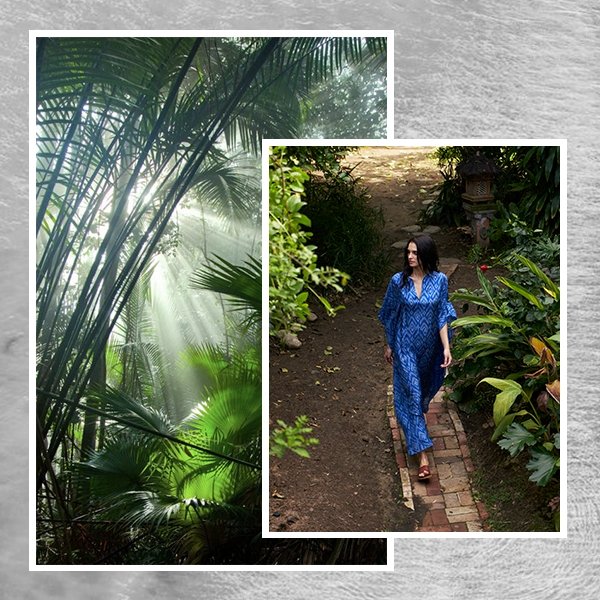
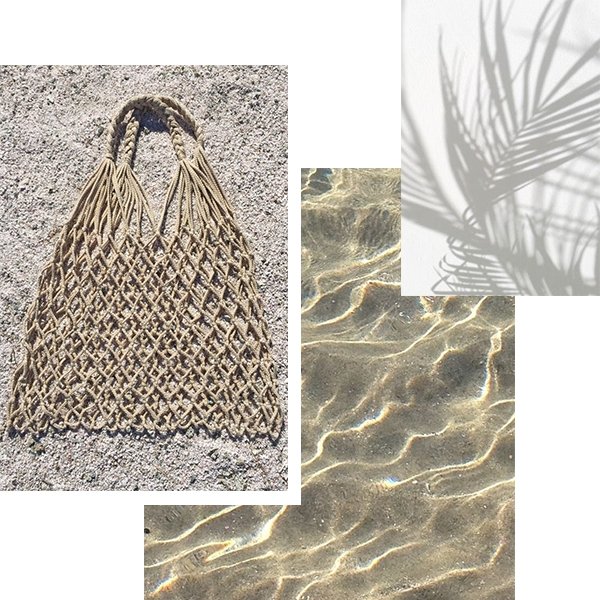
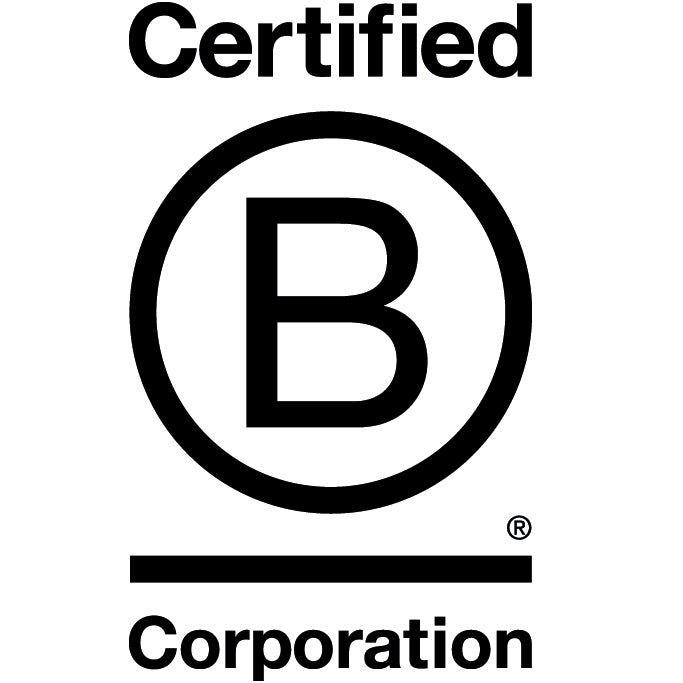
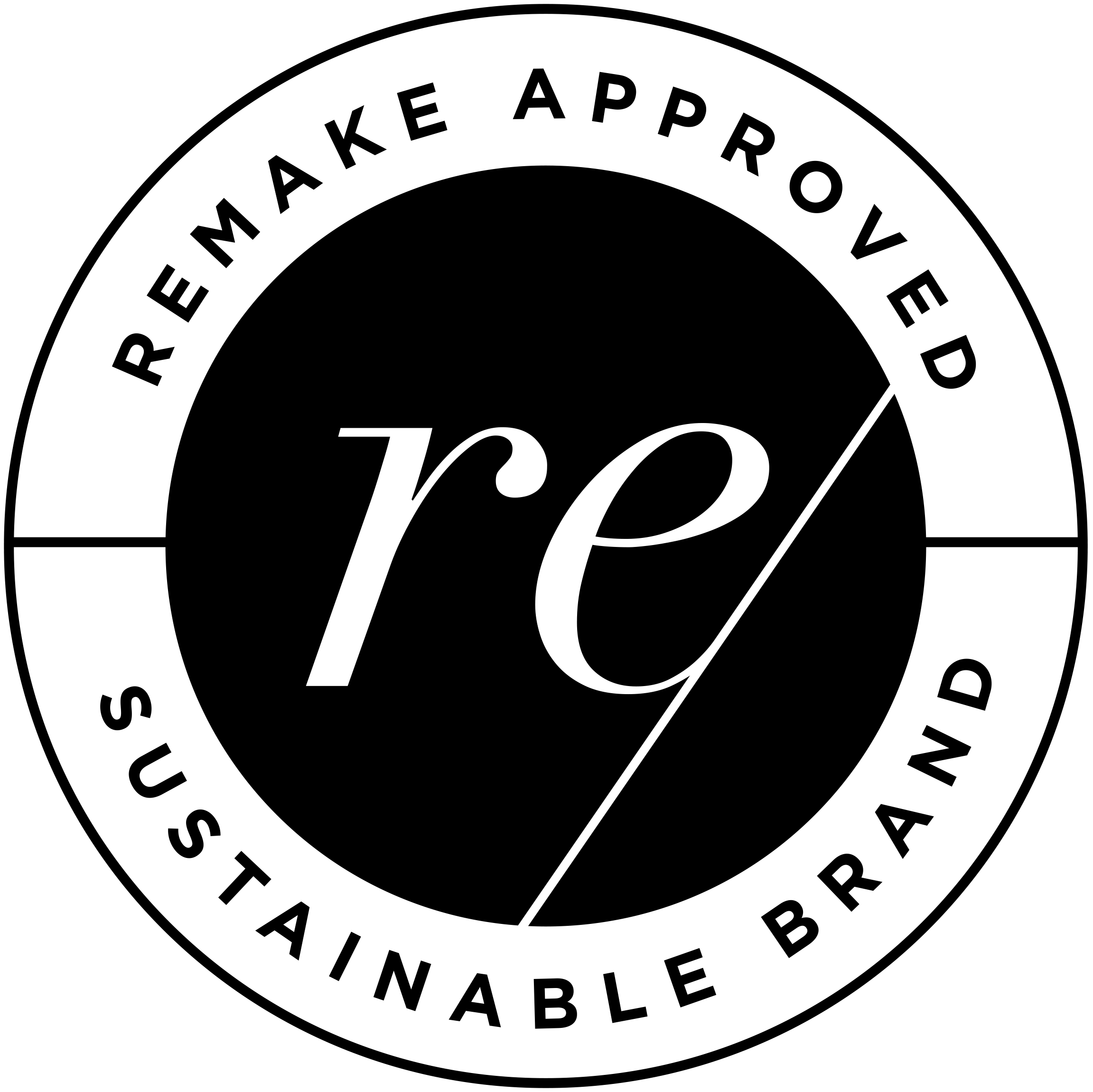
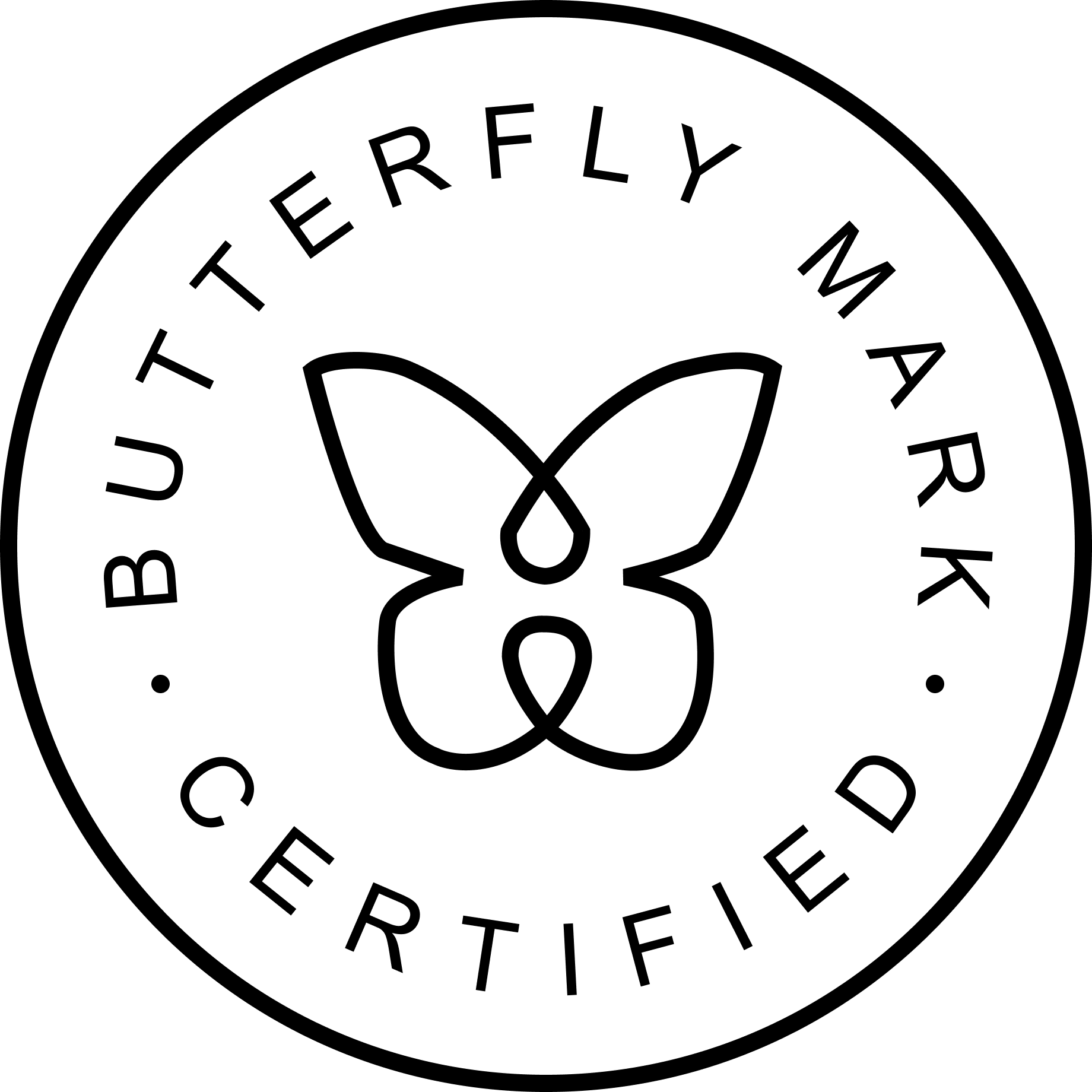
Leave a comment
This site is protected by hCaptcha and the hCaptcha Privacy Policy and Terms of Service apply.